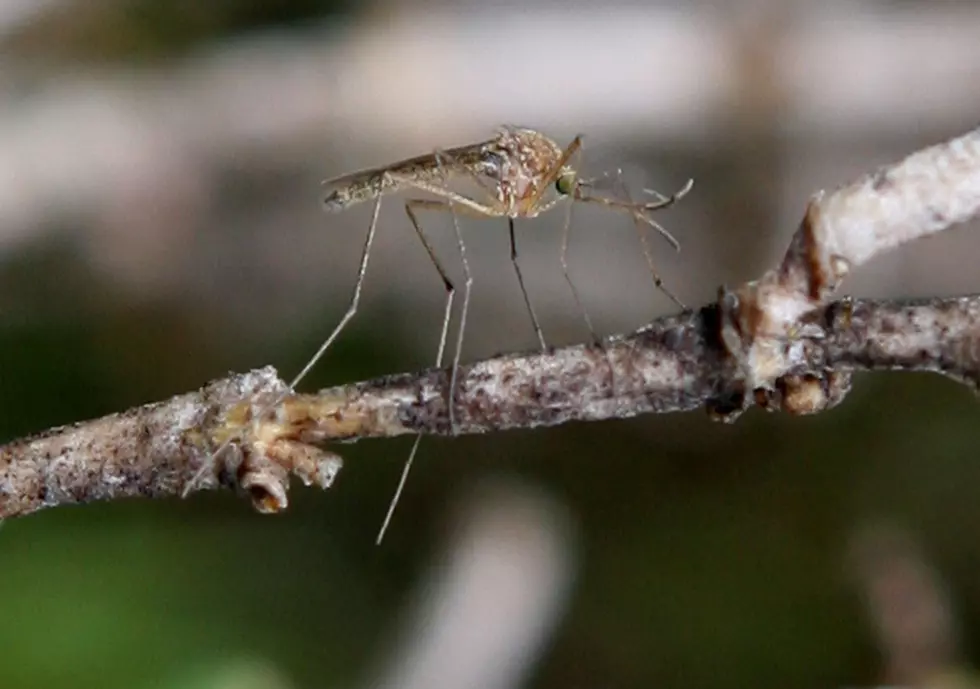
Two Cases of West Nile Virus Confirmed in Idaho
(KLIX) – The Idaho Department of Health and Welfare said two cases of West Nile virus have been confirmed in the Gem State.
Both of them – the first confirmed cases of the disease in Idaho this year – are in Washington County, but public health officials are urging Idaho's across the state to protect themselves against mosquito bites, which is how the virus is spread.
One 30-year-old person in Washington County was diagnosed with West Nile virus neuroinvasive disease, the department explained in a news release, while another person, aged 60, was diagnosed with West Nile virus fever.
So far this year, West Nile virus activity has been detected in 10 counties. Last year it was detected in 18 counties, with 16 human infections and one fatality. The department said virus activity varies from year-to-year and is difficult to predict, noting that in 2006, Idaho – with nearly 1,000 infections and 23 deaths – had more West Nile virus illnesses than any other state.
“The detection of West Nile virus-positive mosquitoes has increased significantly during the last few weeks and we strongly encourage Idahoans to fight the bite of mosquitoes to protect themselves and their families,” Dr. Leslie Tengelsen, state public health veterinarian, said in the prepared statement.
Confirmation of human infection makes it increasingly important for all of us to take protective measures. This includes wearing insect repellent and protective clothing in addition to reducing standing water around our gardens and homes where mosquitoes can lay their eggs.
Protect Against Mosquito Bites
To protect against infection, public health officials say people should avoid mosquitoes, particularly between dusk and dawn when mosquitoes are most active:
- Cover up exposed skin when outdoors and apply DEET or another EPA-approved insect repellent to exposed skin and clothing. Carefully follow instructions on the product label, especially for children.
- Insect-proof your home by repairing or replacing screens.
- Reduce standing water on property; check and drain toys, trays or pots outdoors that can hold water.
- Change birdbaths, static decorative ponds, and animal water tanks weekly to reduce suitable mosquito habitats.
More From News Radio 1310 KLIX









